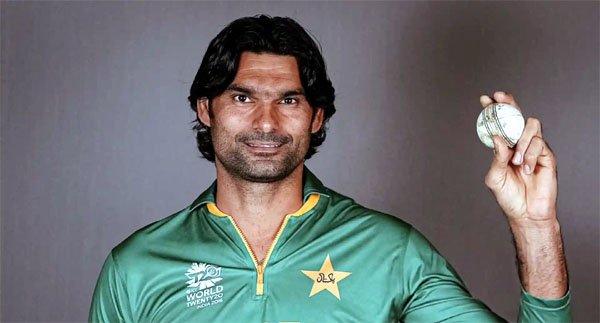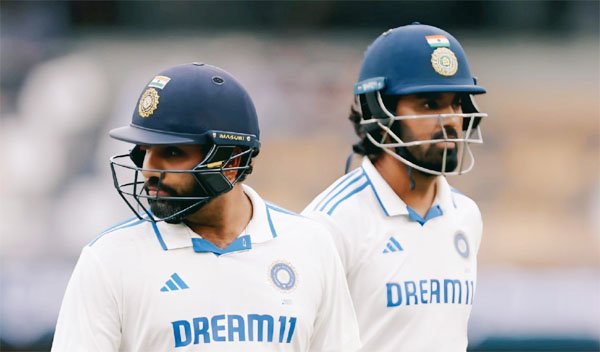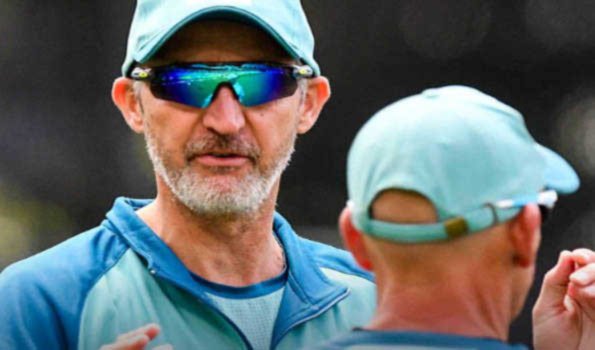New Delhi, Dec 16 (UNI) The Supreme Court on Monday refused to hear on an urgent basis a contempt petition filed by former IAS officers and activists against the Uttar Pradesh administration for allegedly failing to act in accordance with the Court’s directions on preventing hate speeches.
The petition challenges organizing the ‘Dharam Sansad,’ scheduled between December 17 and 21 in Ghaziabad, by the Yati Narasinghanand Foundation.
The plea, mentioned before a Bench led by Chief Justice of India (CJI) Sanjiv Khanna, sought action against the Ghaziabad district administration and the Uttar Pradesh police for allowing the event to proceed.
Advocates Prashant Bhushan and Cheryl D’Souza argued that the administration’s inaction constitutes “wilful and deliberate contempt” of Supreme Court orders, which mandate authorities to suo motu act against hate speech offenders.
According to the petitioners, which include retired IAS officer Ashok Kumar Sharma, former IFS officer Navrekha Sharma, and social researcher Vijayan M.J., advertisements for the Dharam Sansad contain communal remarks and incite violence, specifically targeting the Muslim community.
“The website and advertisements for this sansad include statements calling for violence and even genocide against Muslims,” the petitioners said, pointing out the event’s inflammatory nature.
While Chief Justice Khanna noted the seriousness of the allegations, he declined an urgent hearing, stating the matter would be listed in due course. He also reminded the petitioners that the Supreme Court had already passed relevant orders in similar cases.
The petition draws parallels with earlier Dharam Sansad events held in Haridwar and Delhi in December 2022, where open calls for genocide and violence against Muslims were made.
Those incidents led to a series of petitions in the Supreme Court, including one filed by retired High Court judge Anjana Prakash and journalist Qurban Ali, highlighting the growing threat posed by such hate speeches.
In those cases, petitioners had argued that hate speeches go beyond communal rhetoric and represent direct calls for ethnic cleansing, threatening the lives of millions of Muslim citizens and the unity of the country.
Senior advocate Kapil Sibal, during hearings on similar petitions, had remarked, “We are living in different times where slogans in the country have shifted from Satyamev Jayate to Shashtramev Jayate.”
In October 2022, the Supreme Court described the rise of hate speeches as “tragic” and reflective of a “climate of hate” prevailing in the country.
The Court reiterated that it is the sacrosanct duty of the State to protect citizens’ lives and directed police and authorities to register cases suo motu against hate speech offenders without waiting for formal complaints.
The petition also cited the 2018 Tehseen Poonawala judgment, in which the Supreme Court issued comprehensive guidelines to curb hate crimes, mob violence, and lynchings. The judgment emphasized that the State must actively prevent and deter such acts to safeguard social harmony.
The petitioners contend that the Uttar Pradesh administration’s inaction reflects a disregard for the Supreme Court’s orders. They urged the Court to hold the State authorities accountable and ensure proactive measures to prevent hate speeches that pose a grave threat to communal harmony and national unity.











